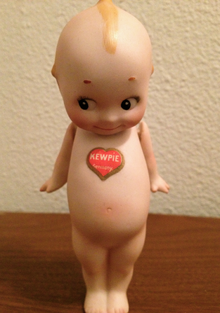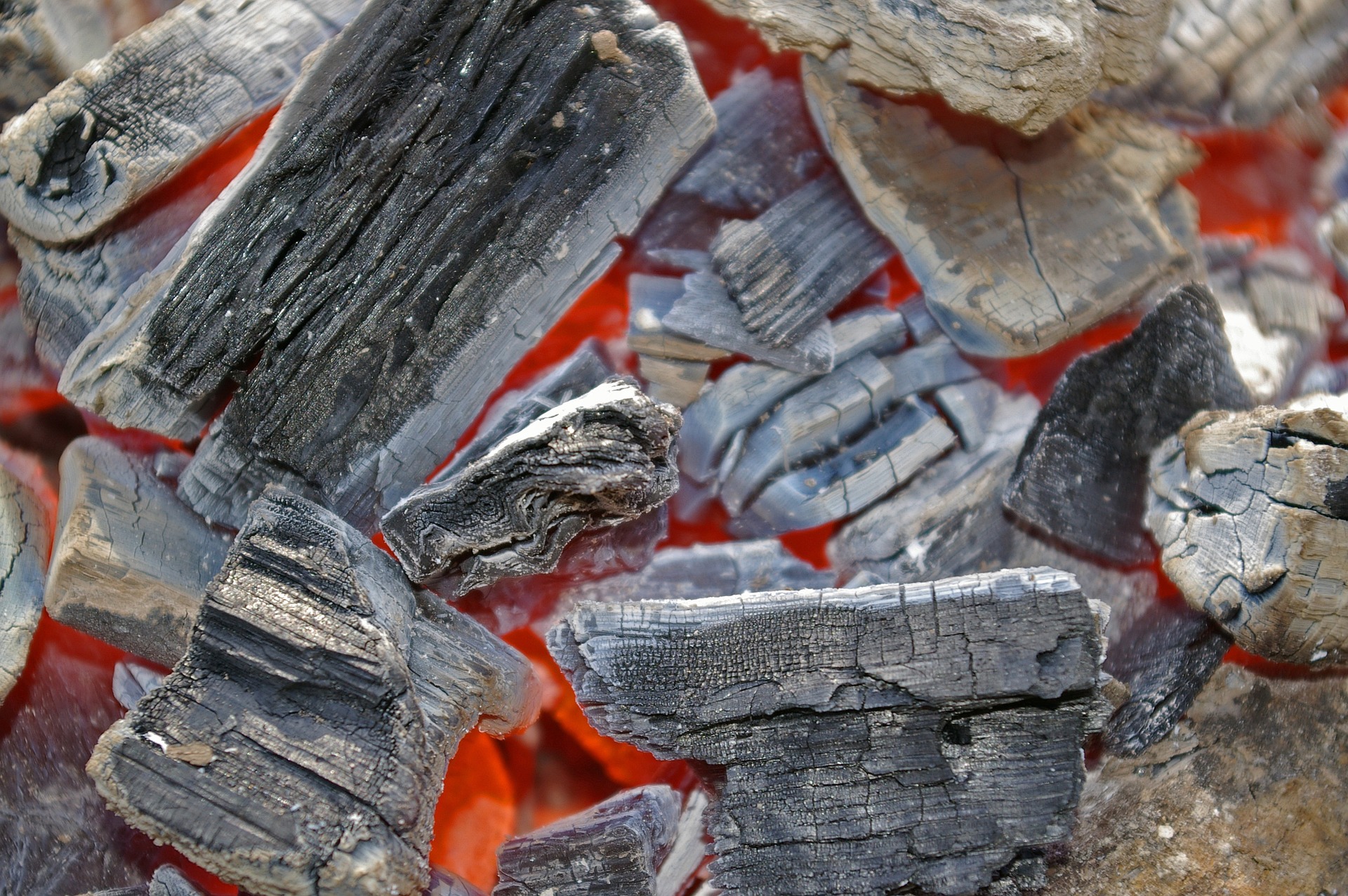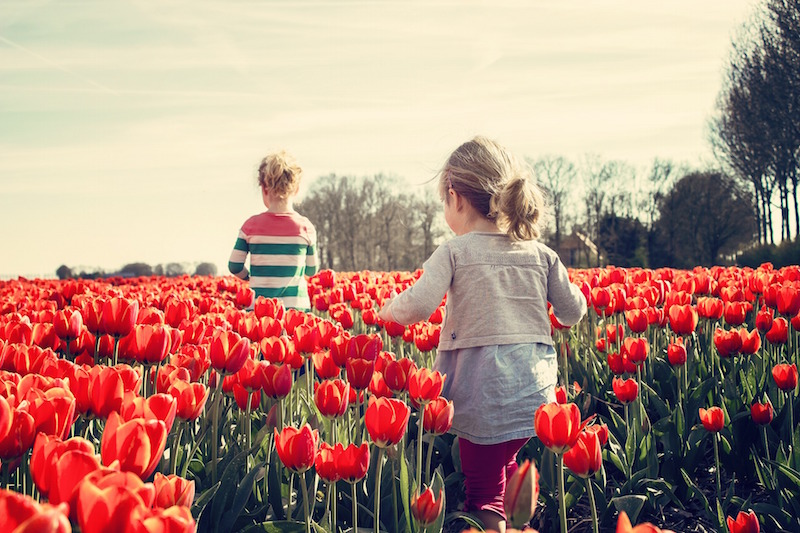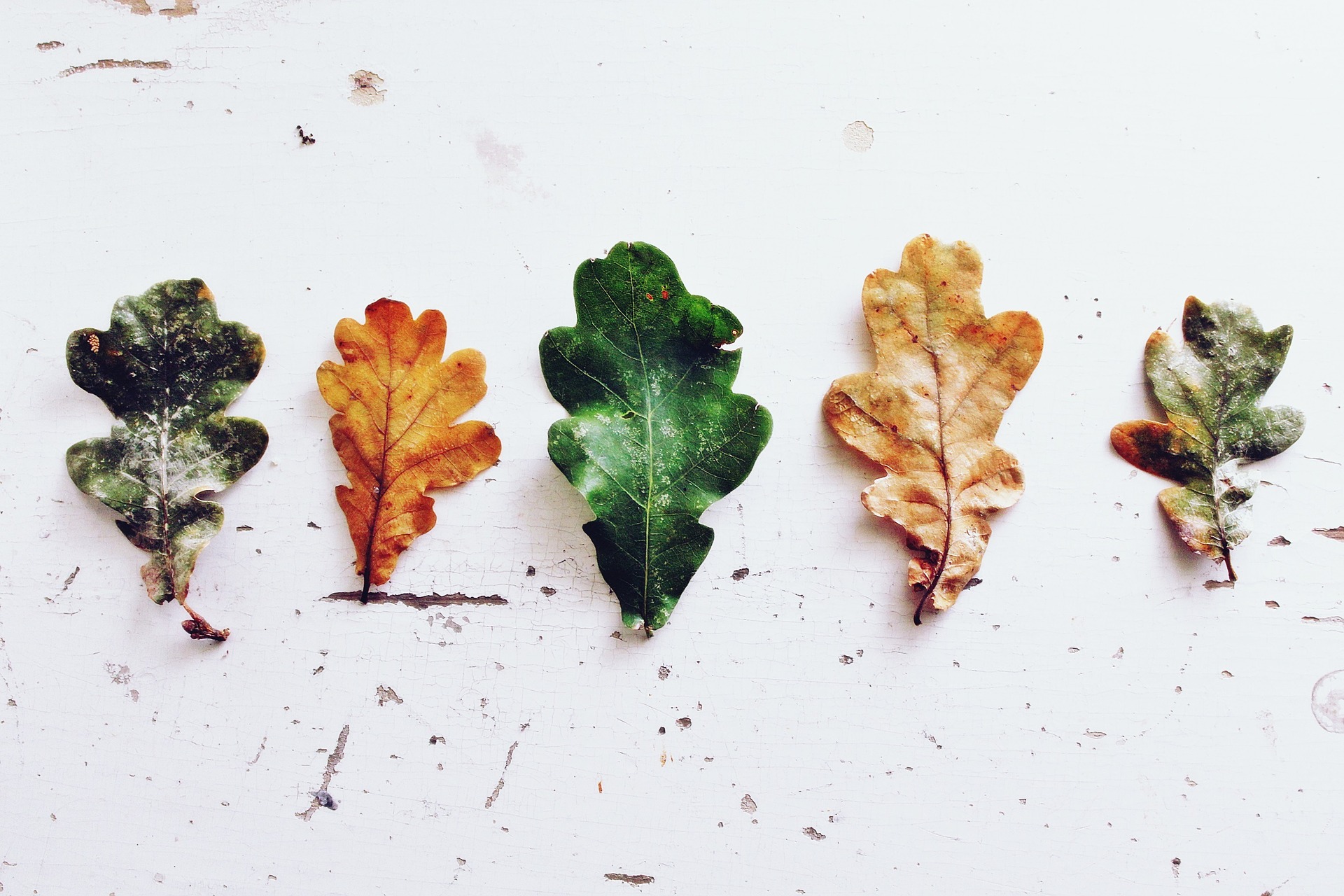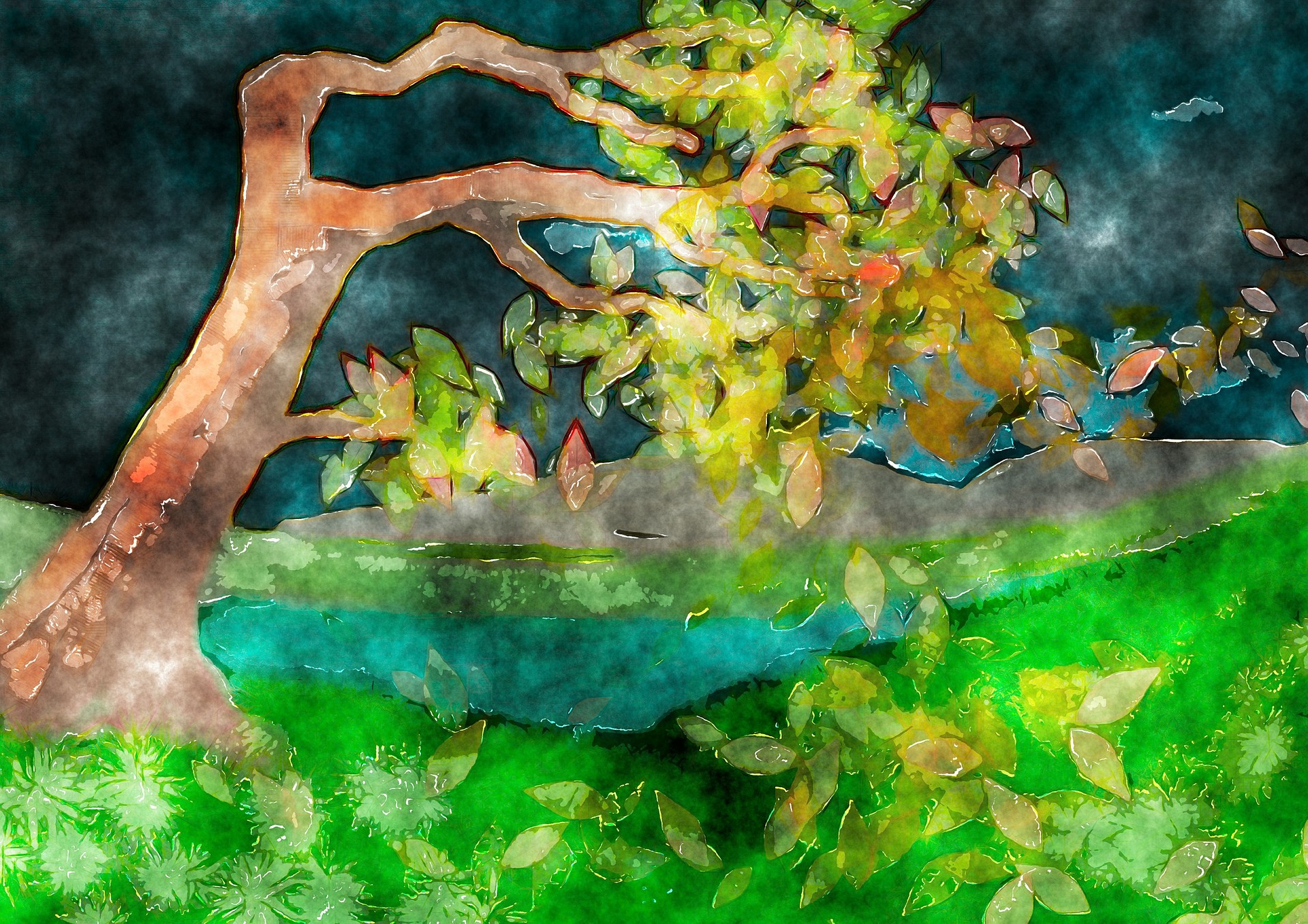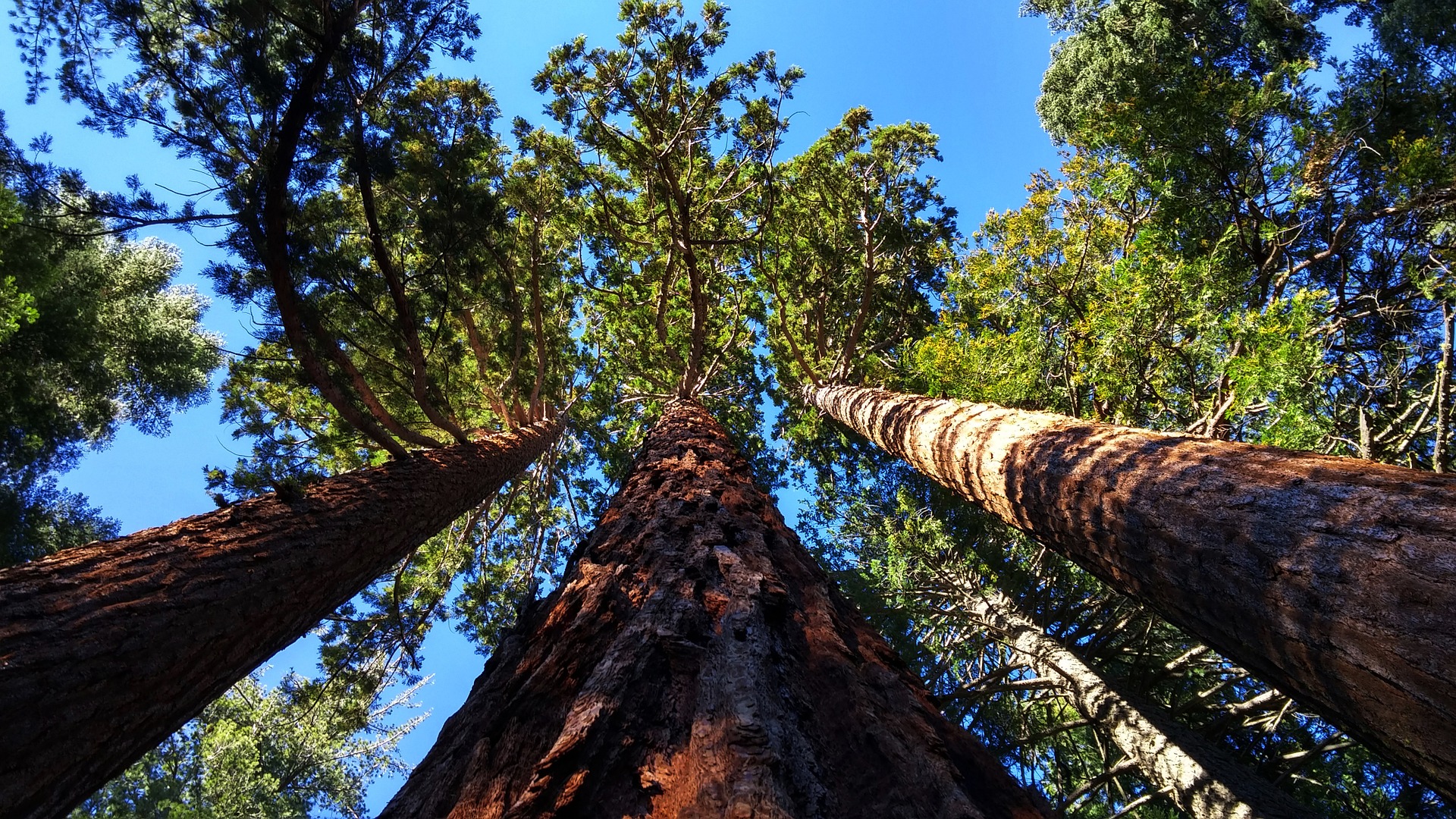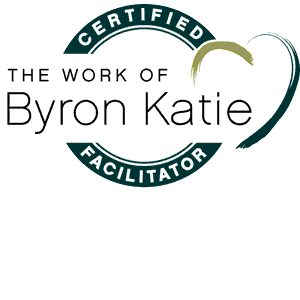Balancing in the Land of Autumn
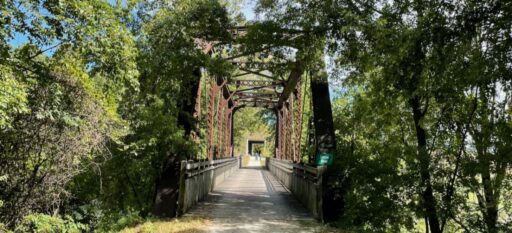
Fall Equinox found me in in Augusta, Missouri. a town of two or three hundred in my home state. I was there for a biking adventure covering a chunk of the Katy Trail, an official state park that winds through farm and river country along the Missouri River for 253 miles. Now the longest Rails to Trails route in the country, the land was first cleared by the MKT railway (This stands for the Missouri, Kansas, and Texas, or the Katy line, for short).
The Katy Trail is the longest uninterrupted biking and hiking path in the country represents the collaboration of industry (railroads retiring old lines) and donations, with a whole lot of negotiations along the way.
In the 1990’s, when the trail was being developed, the folks from the tiny farm towns along the Missouri river were not happy. They feared invasion by outsiders from other parts who would no doubt bring drugs and other undesirables into their insular communities. In other words, Trouble in River City.
The path turned twenty last year. And the struggling farm towns along the way are now dotted with profitable B & B’s, antique stores, and restaurants.
The first wine country in the US has been reclaimed. The path winds through an area that once produced more wine than anyone else in the country, but during prohibition all the established old-world vines were ripped out of the ground.
So it’s possible that the path has brought danger to the river cities, but whatever danger that is, it probably wouldn’t start with pool halls. These changes have defied expectations and provided triage for the shrinking small-farm economy.
So what does all this have to do with Fall Equinox?
When I woke up on September 22 in a beautifully restored Victorian B&B in tiny Augusta, it made sense. For me this time of year is all about balance, especially the balance of opposites, just as light and dark are equal on this one day of the year. So it seemed a fine way to spend the day, balancing on my bike, speeding along the flanks of the Missouri River, thinking about the unity of opposites. While breathing in the serenity and idyllic beauty of limestone cliffs and spacious river and autumn colors.
But my mind kept returning to opposites in politics. In the middle of vacation. I know.
For me the political and regional divisiveness of the last few years has been exhausting. I glean the news to find a sense of hope, trying to create equilibrium in my own mind.
But on that first day of fall, in a town once abandoned as river commerce died, it occurred to me that I was in the right place for the season. In the exact middle of America, in the middle of a “red state,” riding on the shoulders of the widest river in the country (and third widest in the world), all felt in balance.
This, I thought, is truly the middle path. Not conservative or liberal, not afraid or angry. Just people meeting people, people helping people, people connecting with people, acting from kindness and generosity, with a little free market enterprise thrown in. From that middle way has come a gradual trust, a balanced change. An inspiration for my own life, certainly. And a blueprint for our country and our world. A hope for a future of small, local action. A path of equilibrium.
|
Katy the Trail You pierce the heart of this continent like a dogwood arrow slowly landing under green canopy, in a bending and twirling pas de deux with the third widest river in the world. Who needs the Amazon or Congo when there’s the Missouri River, queen to her core, lined with wrecked steamboats, bare muddy shoulders cloaked with horsetail reeds scattered bouquets of purple asters fields of radiant yellow blooms with black eyes? Katy, without the clickety clack of iron horses Your job is to be, still and quiet, offering your charms to human pedalers, sharing your warm embrace equally with copperheads and bicycles and sworn enemies of red and blue, giving a hand up to farming hamlets no longer ghosts of the past but offerings to a future of beauty and simple pleasures, seated in the power of place.
—SgB October, 2022 |
The Magic of the Crack Between Worlds
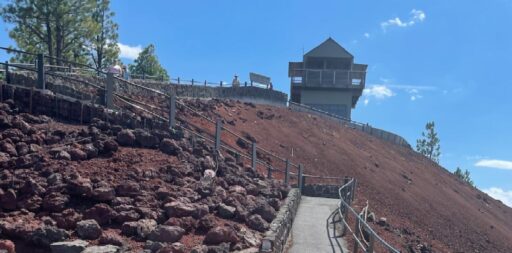
Here in the Northwest, reliable sunny summer weather typically lasts for only a few weeks. Summer can feel like a crack in time between seasons. So many of us try to wring out every little drop of out-of-door essence, condense it, and bring it home as a hedge against winter (or other unforeseen quarantines).
After our family’s mountain cabin burned down in the conflagration of 2020, after hanging out for a couple of years in pandemic isolation, my long-time husband and I decided earlier this summer that it was a good time to drive down memory lane. So we headed out, bikes in tow, to visit outposts from our early lives, when we were in our early twenties and worked for the forest service on recreation and fire crews, usually in remote locations. It felt like peeking back through a crack in time. Fifty years of time.
Our trip began with the lookout tower where we resided and kept fire watch in our early twenties, George was designated main lookout, but he was also a fire fighter. When there was a lightning bust, he’d put on his hardhat and drive a fire tanker down the hill to try to find spot fires. Then it was my turn in the tower to track the lightning hits, using binoculars to detect an orange glow, trusting an amazing device called an azimuth finder to align it with his headlights. This all had to happen while standing on a glass stool, careful not to touch metal so as not to get fried by lightning.In other words, boredom bookended with occasional hits of adrenaline.
We lived in our workspace, so we spent 24 hours a day in the same room for six months. Edward Abbey, an acclaimed environmental writer who lived and wrote in a lookout tower for three years, said that the best test of a marriage was to assign a husband and wife a job on a lookout. According to him, “Couples who survived this were destined for a long marriage, and they deserve it.” In my humble experience, it also helps if you’re young or in that “merge” stage of love that makes small spaces cozy and desirable. Lots of things have changed in our marriage during that gap of time, including our relationship with personal space, but we seem to still be living examples of Abbey’s contention.
One lookout where we lived was at the top of a steep road that wound its way up a cinder cone. The entire range of the central Oregon Cascades was our wallpaper. At night the stars and flirtatious visits by the Northern Lights were our entertainment. The tower stood out as a sentinel on the caldera, and it was also the first structure of an area that is now a national monument. So our little cabin on stilts served as an interface between the wild world and humans. We were only one flight up some stairs, so during the day the same refrain drifted through our windows: the sound of winded tourists would gasp for breath while they read the altitude sign. At high volume. And the altitude never once changed in all that time.
Most of the time we laughed at life there on the crack between humans and the wildness of nature. We hung out, staring out over the land for a blue haze, binoculars at the ready. While one or the other of us did that responsible thing, the other read or played an instrument. I planned to learn to play the banjo and never progressed past “poorly.” But we worked up a fake-bluegrass version of Smokey the Bear to torture the visitors at the end of the season. We got back at those altitude readers. I marvel now at our ingenuity and ability to entertain ourselves.
We were the last people to live in this particular tower, which is now staffed only during the day. It was a bit of a shock during our first stop on this summer’s nostalgia tour, then, when were boarded on a shuttle bus stuffed with other tourists that disgorged passengers about every half hour at the top of the caldera. I gasped my way to the top of the crater, stopping to read the altitude sign. Out loud. Once there, it almost seemed as if we were able to enter a crack in changeless time because it was all so familiar. Except the number of people swarming the caldera. I was taken aback by how rugged the living was, with a far steeper hike than I remembered, especially round trip down the little switchbacks to the only bathroom, a pit toilet.
We continued our trip to a couple of once-isolated resorts, now full of people, even though the pristine areas remain protected and once again seemed much the same, and there was an odd sense of comfort consistency in nature. We biked through stunning meadows and looped a whole lake, grateful for new bike baths. Another day we pedaled through the remains of whole towns that burned down and are now being replaced with manufactured villages, stripped of gardens and trees. Blackened ghost trees hovered dark and tall over new growth of grasses and ferns along the creeks, witnesses to the cracks in the world created by wildfire.
Ever since that trip, I notice that little cracks of wonder are everywhere, in so many places: old times and now times, honeymooners and silver anniversary celebraters, wild spaces and civilized ones, children and grandparents, night and day, destruction, damage, and renewal, summer and fall, There’s a magic in this simple but profound peek between worlds. A sense of being held by all of it, despite occasional evidence to the contrary.
May you find yourself held when the cracks in your world don’t seem kind.
Long View
Over fifty years ago
we went to sleep every night
in a glass house tied on top of poles
perched on a lava cone.
Our enemy was a flash of lightning,
a pewter puff in the distance
a glimmer in the dark
a smudge in a valley.
Our tools were a radio,
a behemoth metal fire finder
and a platoon ready to pounce.
We woke up embraced by mountains,
watched the snow dissolve until it was gone,
went to bed to among stars and sometimes
the green petticoat of northern lights flounced our way.
Our fears then were lightning busts,
renegade campfires
and the thought that
we might end up living ordinary lives.
First one and then the other of us
was the on-duty watcher
while the other one was left
to dream and scheme.
And right there on the caldera we began
to gradually glimpse our future
circled by an entire range of mountains,
and all the time in the world.
And when autumn came and socked us in
we surrendered, unready as we were, and
began to grope our way
into what was next.
—SgB
August, 2022
Subversive Power of the Smile
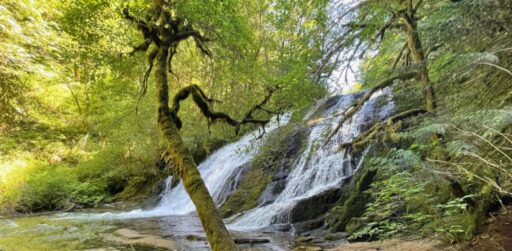
Mother, Simon, and Me
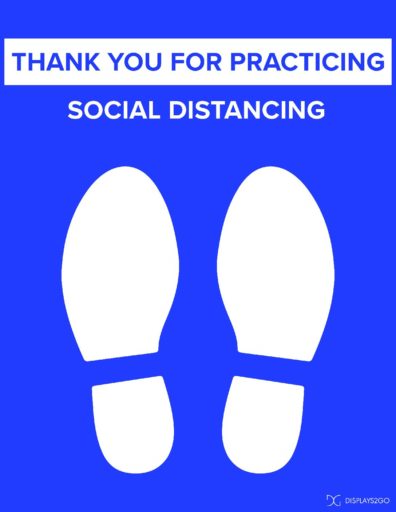
|
Nearly every recess in second grade, I raced to the playground to play one of my favorite games, either Mother May I or Simon Says. I didn’t care which. I don’t remember loving the power of telling the other kids how many baby or giant steps they could take. I just liked the way the rules were so easy, as long as you paid attention. If you weren’t listening or you didn’t mind Simon or moved without Mother’s permission, you were O-U-T.
So very simple and clear.
Ever since 2020 I’ve been longing for that old certainty. At first I studied daily updates and followed the leads, somewhat obsessively focused on decoding pandemic rules. Mostly I obeyed them, which wasn’t too hard since I’m of the certain age that makes caution advisable. But lately Simon has been MIA and I haven’t been able to get a clear answer from Mother. So, like everyone else, I’ve been following my best educated guess about re-entering the world of people.
At least that’s my excuse for my questionable decision to fly to Las Vegas last month for an extended family errand. Somehow the first night, looking for a restaurant, we found ourselves smack dab in the middle of several crowd events, mostly outdoors, but still. I was not prepared for the overstimulation that is Las Vegas, a place I hadn’t visited in years. And having been (mostly) sheltered, it was a lot.
A part of me was excited. At the same time another part (my whole nervous system?) began to scream for shelter. After a couple of days of entertainment laced with terror, my husband and I drove a few hours to pick up an RV. We drove it nearly a thousand miles back home to Oregon. This involved learning how to manage all the systems along the way and included a short Siri-directed diversion through San Francisco’s winding streets. Did I mention we were in an unfamiliar vehicle? In an RV? I’m still unpacking from the adventure of the trip.
In the end I didn’t get Covid, something I’ve resigned myself to experiencing as it becomes endemic. As it turns out, several of my friends, both traveling and stationary, did contract the virus. What to do? I’m hearing from lots of other folks about how awkward it is to make plans to reconnect, even though we know itwill probably be worth it in the end. Yesterday, a friend pointed out a people-friendly website: https://covidactnow.org. Having this resource has opened the door to more clarity in summer planning, began with a BIG stretch: indoor singing (with mask). ALMOST like the good old days. But I’ve mostly returned to my old cautious ways.
I don’t want to forget the quieter pleasures of the life lived at a slower pace. Walking my elderly dog. Quiet time in solitude by the sea. Following the rise and fall of the ocean, the graceful arc of seagulls and raptors. Life lived on my own terms.
I think Mother would approve.
Be well,
|
 |
